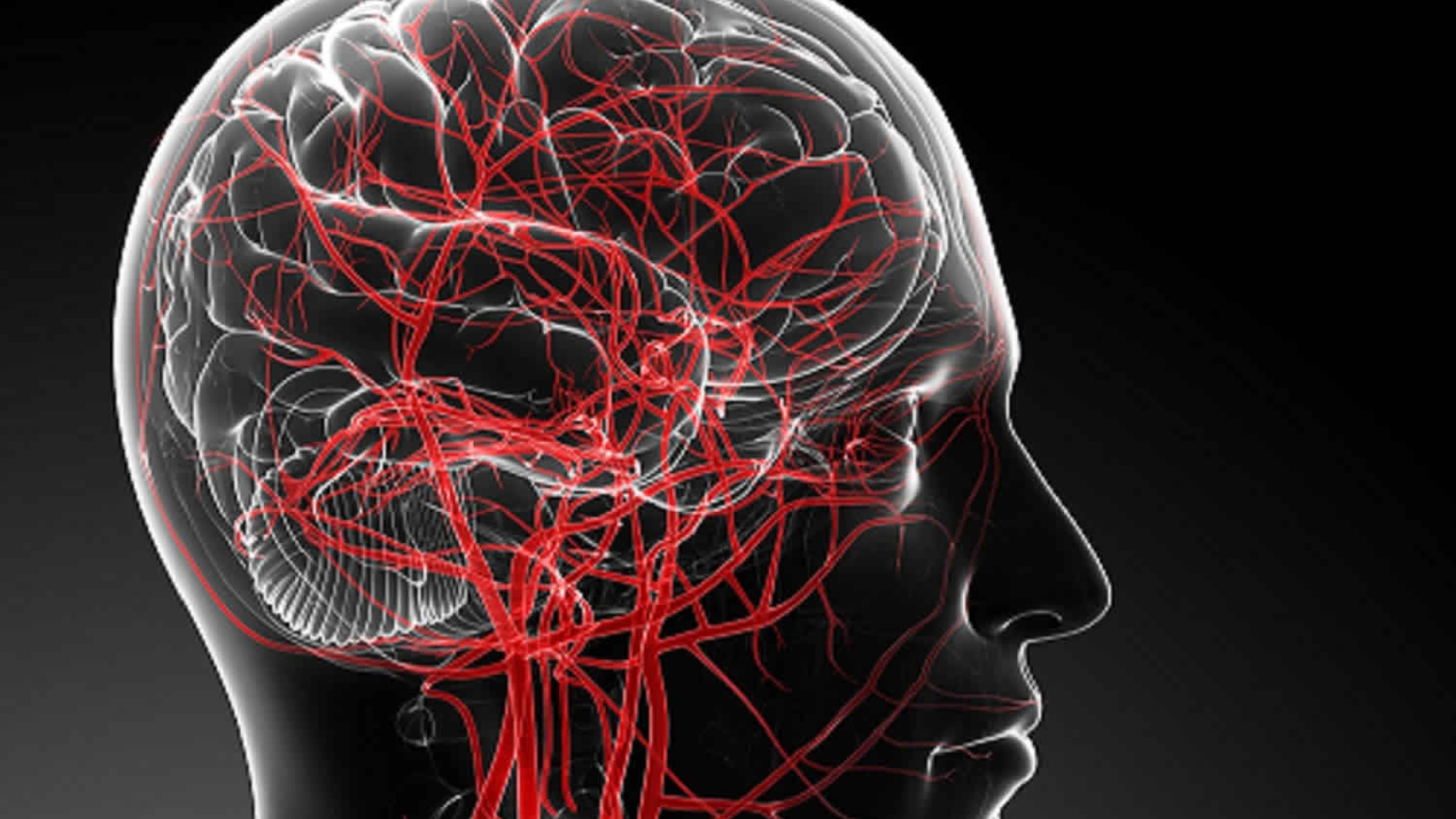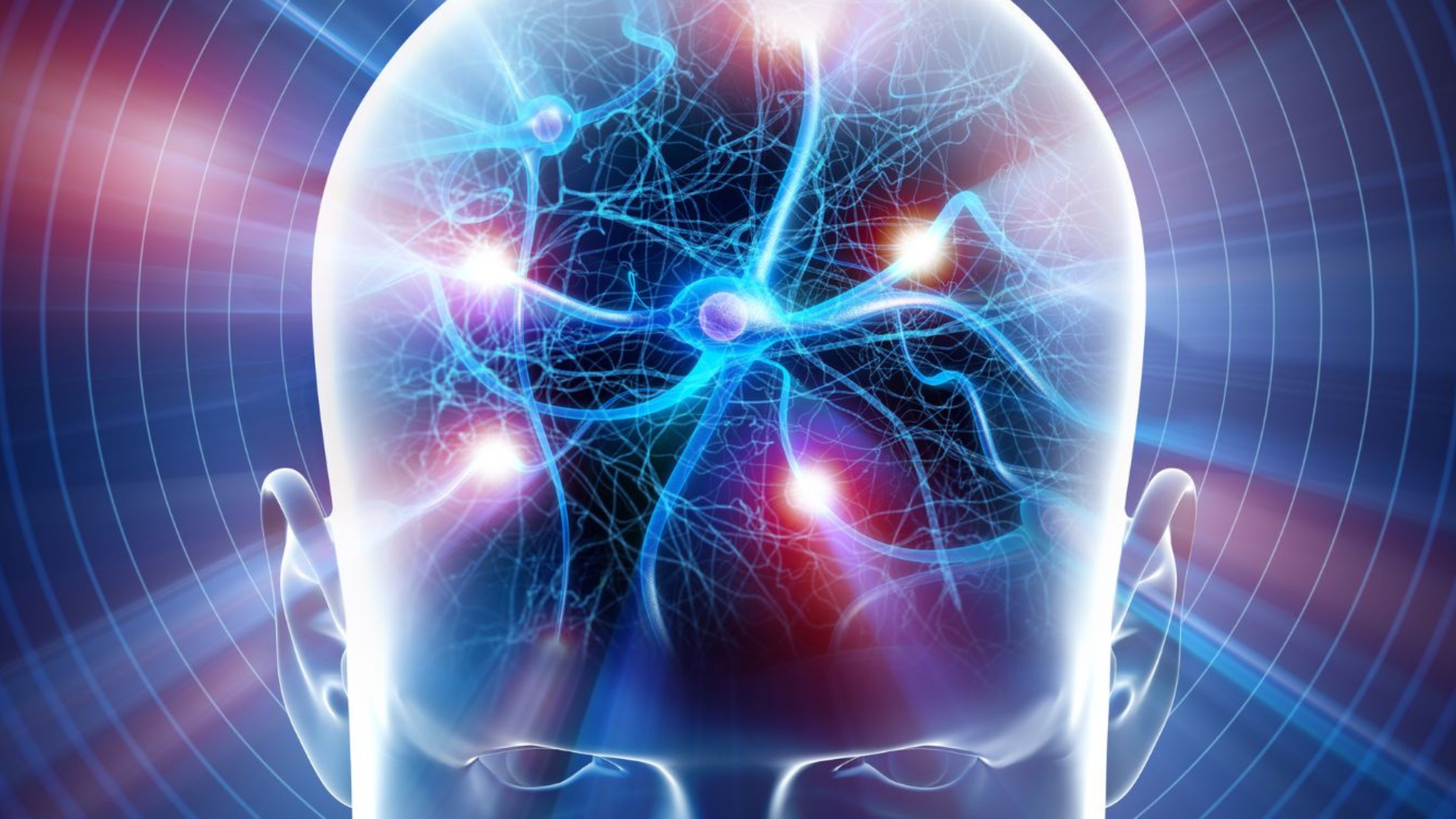In a world where cognitive performance is often the key to success, the quest for enhancing mental capabilities is ever-present. Brain Gains: Supercharge Your Cognitive Function with Nootropics explores how these substances promise to improve cognitive function, memory, creativity, and motivation. This article delves into the world of nootropics, examining their benefits, popular options, mechanisms of action, and tips for safe and effective use.
Understanding Nootropics
What Are Nootropics?
Nootropics, also known as smart drugs or cognitive enhancers, are substances that can enhance brain function. These include a wide range of supplements, drugs, and natural compounds that are believed to improve cognitive abilities, including memory, focus, creativity, and overall mental clarity.
History and Origin
The term “nootropic” was coined in the 1970s by Romanian psychologist and chemist Dr. Corneliu E. Giurgea. He combined the Greek words “nous” (mind) and “tropein” (to bend), signifying substances that could bend or shape the mind. Dr. Giurgea’s research laid the groundwork for the modern understanding and development of cognitive enhancers.
Categories of Nootropics
Natural Nootropics
Natural nootropics are derived from plants, herbs, and other natural sources. They are often favored for their lower risk of side effects and long history of traditional use.

Popular Natural Nootropics
- Bacopa Monnieri: Known for its memory-enhancing properties, Bacopa Monnieri has been used in traditional Ayurvedic medicine for centuries.
- Ginkgo Biloba: This ancient tree extract is believed to improve cognitive function by increasing blood flow to the brain.
- Rhodiola Rosea: An adaptogen that helps the body resist physical, chemical, and biological stressors, enhancing mental performance and reducing fatigue.
- Lion’s Mane Mushroom: Known for its neuroprotective properties, Lion’s Mane is believed to stimulate nerve growth factor (NGF) production.
Synthetic Nootropics
Synthetic nootropics are man-made compounds designed to enhance cognitive function. They are often more potent than natural nootropics but may come with a higher risk of side effects.

Popular Synthetic Nootropics
- Piracetam: The first nootropic ever synthesized, Piracetam is known for its cognitive-enhancing effects, particularly in improving memory and learning.
- Modafinil: Originally developed to treat narcolepsy, Modafinil is widely used off-label for its powerful wakefulness-promoting and cognitive-enhancing effects.
- Noopept: A potent synthetic nootropic that is believed to enhance memory, learning, and overall cognitive function.
Mechanisms of Action
How Nootropics Work
Nootropics work through various mechanisms to enhance cognitive function. Understanding these mechanisms can help users select the right nootropic for their specific needs.
Neurotransmitter Modulation
Many nootropics influence neurotransmitter levels in the brain. Neurotransmitters are chemical messengers that transmit signals between neurons, playing a crucial role in mood, memory, and cognitive function.
- Acetylcholine: Essential for learning and memory. Nootropics like Piracetam and Alpha-GPC increase acetylcholine levels.
- Dopamine: Involved in motivation, pleasure, and reward. Nootropics like Modafinil and L-Tyrosine boost dopamine levels.
- Serotonin: Regulates mood, appetite, and sleep. Nootropics like 5-HTP and Rhodiola Rosea enhance serotonin production.
Neuroprotection
Some nootropics offer neuroprotective benefits, protecting the brain from damage and supporting long-term cognitive health. These nootropics often contain antioxidants and anti-inflammatory properties.
- Lion’s Mane Mushroom: Promotes nerve growth factor (NGF) production, supporting brain cell growth and repair.
- Curcumin: The active compound in turmeric, known for its powerful anti-inflammatory and antioxidant effects.
Cerebral Blood Flow

Improving blood flow to the brain can enhance cognitive function by ensuring neurons receive adequate oxygen and nutrients.
- Ginkgo Biloba: Increases blood flow to the brain, improving cognitive performance and memory.
- Vinpocetine: Derived from the periwinkle plant, enhances cerebral blood flow and protects against neuronal damage.
Benefits of Nootropics
Enhanced Memory and Learning
Nootropics can improve various aspects of memory, including working memory, long-term memory, and recall. They also enhance learning ability, making it easier to acquire and retain new information.
Increased Focus and Concentration
Many nootropics boost attention span and concentration, helping users stay focused on tasks for extended periods.
Improved Mood and Motivation
Certain nootropics have mood-enhancing properties, reducing symptoms of anxiety and depression. Increased motivation and drive are also common benefits.
Neuroprotection and Longevity
By protecting the brain from oxidative stress and inflammation, nootropics can support long-term cognitive health and potentially delay age-related cognitive decline.
Safety and Side Effects
Potential Risks
While nootropics can offer significant cognitive benefits, they also come with potential risks and side effects. It’s important to approach nootropic use with caution and be aware of the following:
- Dependency and Tolerance: Some synthetic nootropics can lead to dependency and tolerance, requiring higher doses over time to achieve the same effects.
- Side Effects: Potential side effects vary depending on the nootropic and can include headaches, insomnia, gastrointestinal issues, and mood disturbances.
- Interactions: Nootropics can interact with other medications and supplements, leading to adverse effects.
Tips for Safe Use
- Start Low and Go Slow: Begin with the lowest effective dose and gradually increase if needed. This helps minimize the risk of side effects.
- Research and Choose Wisely: Select nootropics based on scientific evidence and your specific cognitive needs. Avoid unverified or questionable sources.
- Monitor and Adjust: Keep track of your response to nootropics, noting any changes in cognitive performance and side effects. Adjust dosages or discontinue use as necessary.
- Consult a Healthcare Professional: Before starting any new supplement regimen, consult with a healthcare provider, especially if you have underlying health conditions or are taking other medications.
Popular Nootropic Stacks
Combining Nootropics for Synergy
Nootropic stacks involve combining multiple nootropics to achieve synergistic effects. This approach can enhance overall cognitive benefits while minimizing potential side effects.
Example Nootropic Stacks
- Racetams and Choline Stack: Combining racetams (e.g., Piracetam) with a choline source (e.g., Alpha-GPC) enhances cognitive function and reduces the risk of headaches associated with racetam use.
- Modafinil and L-Theanine: Modafinil boosts wakefulness and focus, while L-Theanine promotes relaxation and reduces anxiety, creating a balanced cognitive enhancement.
- Caffeine and L-Theanine: A popular stack for improved focus and alertness without the jittery side effects of caffeine alone.
Practical Tips for Cognitive Enhancement
Lifestyle Factors
In addition to nootropics, certain lifestyle factors can significantly impact cognitive performance. Incorporating these habits can amplify the benefits of cognitive enhancers.
Sleep
Adequate sleep is crucial for optimal brain function. Aim for 7-9 hours of quality sleep per night to support memory consolidation, learning, and overall cognitive health.
Nutrition
A balanced diet rich in essential nutrients supports brain health. Include foods high in antioxidants, healthy fats, and micronutrients such as omega-3 fatty acids, vitamins, and minerals.

Exercise
Regular physical activity promotes blood flow to the brain, reduces stress, and supports neurogenesis (the creation of new neurons).
Stress Management
Chronic stress negatively impacts cognitive function. Incorporate stress-reducing practices such as meditation, yoga, or deep breathing exercises into your routine.
Conclusion
Nootropics offer exciting possibilities for enhancing cognitive function, memory, focus, and overall mental performance. By understanding the different types of nootropics, their mechanisms of action, and how to use them safely, individuals can unlock their cognitive potential and achieve greater success in their personal and professional lives. Remember, nootropic use should be approached with caution, informed by research, and ideally guided by healthcare professionals. Combine nootropics with healthy lifestyle practices for the best results in cognitive enhancement.





